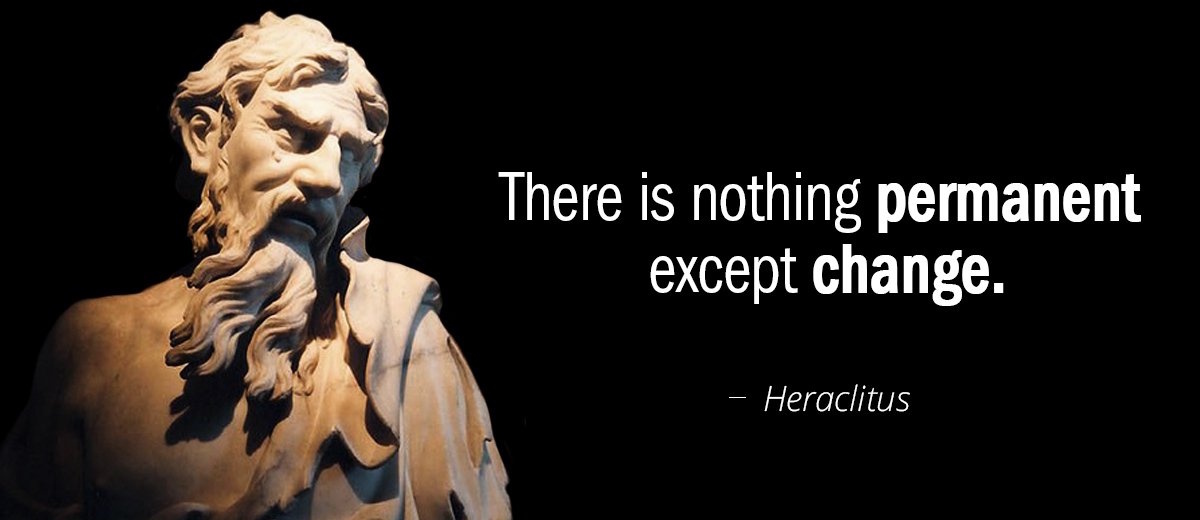Activity is the enemy of investment returns —Warren Buffett
Endowment board members tell us their schools must earn at least eight percent on average to support operations and administration, student aid, and capital conservation. Unfortunately, that’s a tough nut to crack based on recent performance.
Only forty-two of the one-hundred-nineteen funds over one billion AUM in our latest FY2024 endowment performance report achieved eight percent or more over the most recent ten-year period. Roughly one third. The average return for the entire group was seven-point-seven percent.
Even worse, just one of twenty-two endowments between five hundred million and one billion in our report beat the eight percent hurdle. Sadly, those are usually the ones that most need the income.
NACUBO-Commonfund will publish their annual report in a few weeks and we will see how their endowment universe performed. But for FY 2023 NACUBO reported an average return of seven-point-seven percent net of fees for all participating schools. Not much has changed.
The NACUBO chart below shows the volatility of 10-yr returns year by year from 2002.
Here’s the problem: over the last three decades most large endowments have tried to mimic the “Yale model.” But there was only one David Swensen, and he was an outlier, a different thinker, a trailblazer and his first book was called Pioneering Portfolio Management for good reason. It was all new stuff. Forget public markets. Spend your time uncovering private opportunities with less visibility and more upside. And get in early.
The School of Swensen produced many top-flight acolytes, but the master is gone and the world has changed. Today that trail he cut through the wilderness has become a freeway and the endowment model is a very crowded trade. Let’s let Mr. Swensen explain the conundrum.
I figured out when I revised Pioneering Portfolio Management that the most important distinction isn’t between the institutional investor and the individual. It’s between those that are set up to make high-quality active management decisions and those that aren’t.
The investment management world is a strange place in that the right solution is not in the middle. The right solution is at one extreme or the other. One end of the spectrum is being intensively active. The other is being completely passive.
If you end up in the middle, which is where almost everybody is, you pay way too much in fees and end up getting subpar returns . . . The passive group is not nearly as big as it should be. Almost everybody should be there.
First level thinking
These days most boards want to hire an endowment CIO from a similar institution with a similar book of business. Safety-in-numbers seems to be the new endowment-model-norm.
Most board members accept the position because they love the institution and its mission, but the reputational risk of sitting on a nonprofit board often outweighs the reward.
Board members never get credit for superior performance but take the heat for any blowup. When presented with something new and different – a candidate or investment opportunity – it’s safer to ask, “who did the other school hire? Or “who else is doing this?”
Let’s be honest here. If the David Swenson of 1985 had applied for the CIO position at Yale today he would not have made it past the first round of interviews. A young untested Wall Street banker working on some exotic swap thing? Not a chance.
The investment tax apocalypse
Endowments may soon face an additional challenge. Congressman Troy E. Nehls, Republican from Texas, and Congresswoman Lauren Boebert, Republican from Colorado, have cosponsored the “Endowment Tax Fairness Act, a bill that would raise the excise tax levied on certain private university endowment profits from 1.4% to 21%.” Reading between the lines, “certain” in this case likely means all of them.
Given the burgeoning U.S. budget deficit, taxing endowments at corporate rates is inevitable no matter who controls the legislature. Tariffs, taxes, and DOGE, it’s all about the deficit and no stash is sacred.
Taxes will lead to seismic change in how endowments are managed. No more frictionless trading. Buy and hold a la Buffet will become the new endowment normal as schools pursue that elusive eight percent solution.
How will this affect hiring? Recall what Heraclitus wrote, the only thing permanent in life is change.
—Charles Skorina

